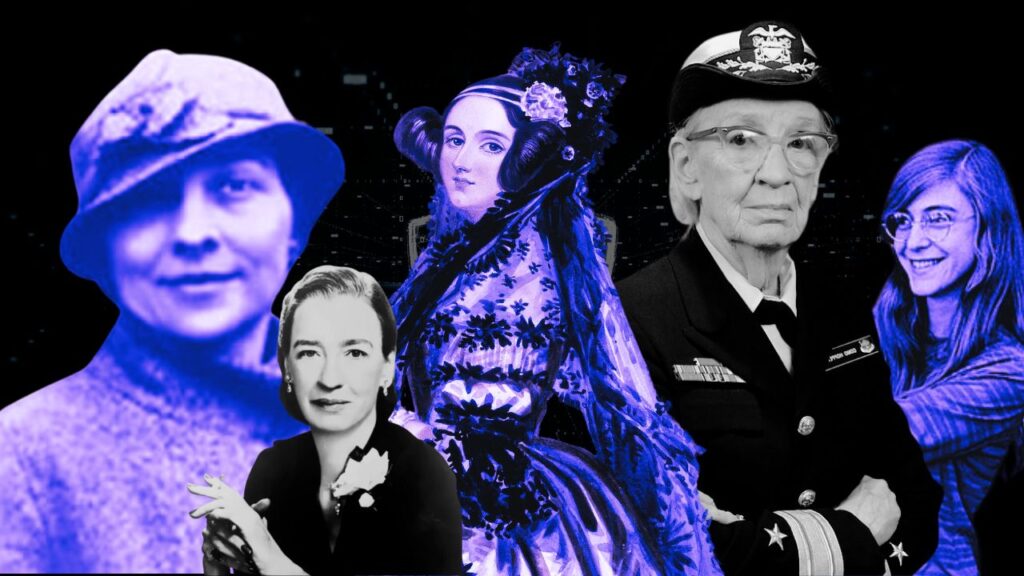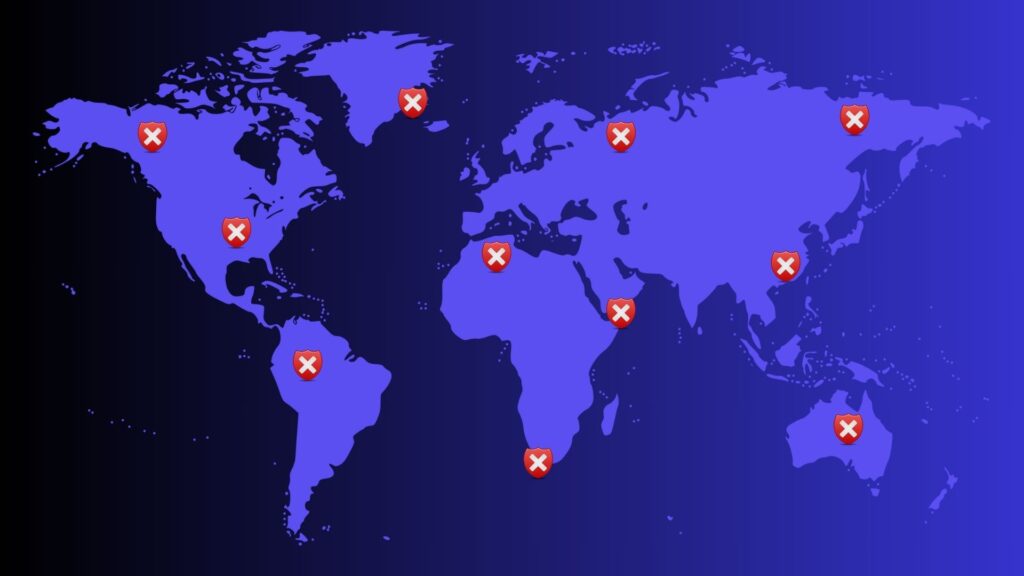The 8th of March is International Women’s Day and in America, March is considered Women’s History Month, a time to honour the incredible women who made and are making an impact, especially in the fascinating field of cyber security. While cyber security has historically been a male-dominated industry, women have played crucial roles in shaping its evolution, driving innovation, and strengthening global security.
In celebration of this occasion, let’s look at some of the most influential women in cyber security and how they have contributed to where we are today, the OG pioneers!
Ada Lovelace
While Ada would not be considered a cyber security expert, her work on Charles Babbage’s Analytical Engine in the 1800s formed the foundation for modern computers which of course results in cyber security (eventually). Due to one of her notes, note G, on how to perform sequence calculations using the Analytical Engine, many people consider her to be the first computer programmer and this note to be the first computer program.
Elizebeth Friedman
Elizebeth Friedman was one of the first cryptanalysts who managed to break the Nazi and organized crime encryption systems. During the prohibition, she helped to decode the backlog of encrypted Morse code messages. Her work has influenced modern cryptography and intelligence operations.
Joan Clarke
Joan Clarke was a brilliant cryptanalyst at Bletchley Park during the second World War. She worked alongside Alan Turing to break the Enigma code which helped reduce the war while saving millions of lives. Her work in breaking codes and cryptanalysis laid the groundwork for the encryption we use in cyber security today. Imagine storing all your passwords in plain text today!
Rear Admiral Grace Hopper
Grace Hopper began her career in computers in the 1940s working on the UNIVAC – the world’s first general use digital computer. She believed that computer code would be easier to write if it was done in English, but was told it couldn’t be done. So, she developed the first compiler for a computer programming language. She played a key role in the creation of COBOL which was the first programming language to convert English into machine code. She basically made coding understandable for us humans.
Margaret Hamilton
Margaret Hamilton was an incredible software engineer who developed software to forecast the weather, search for “unfriendly” aircraft, satellite tracking, and probably the most famous, she was part of the team who developed the guidance software used for NASA’s Apollo 11 moon landing. Her work on error detection laid the foundation for cyber security resilience strategies. She also coined the term “software engineering”.
Radia Perlman
Radia Perlman invented the Spanning Tree Protocol (STP) which is fundamental in creating the internet. She is often regarded as the “Mother of the Internet” because her work made the internet possible. Yes, there would be no internet without her! Through her work, she influenced network security, the public key infrastructure (PKI) model, and cyber security infrastructure.
Dorothy E. Denning
Dorothy E. Denning is known for the lattice-based access control (LBAC) model. Later, she developed the Intrusion Detection System (IDS) model with Peter G. Neumann. She improved data security using encryption and her book called “Cryptography and Data Security” introduced people to cryptography. She was one of the first people to predict that digital attacks would become as dangerous as real-world wars, also known as Cyberwarfare.
Shafi Goldwasser
Shafi Goldwasser is a co-inventor of zero-knowledge proofs which is used in blockchain security. She is a recipient of the first Gödel Prize and won the Turing Award due to her remarkable contribution to the field.
Rebecca Bace
Rebecca Bace worked at the NSA to establish the early cyber security defense strategies. She created the Computer Misuse and Anomaly Detection (CMAD) research program dealt with many computer security issues. Basically, she developed intrusion detection systems, which are now used everywhere to stop cyberattacks before they happen!
Dr. Cynthia Dwork
Dr Cynthia Dwork introduced differential privacy which is a key method for keeping personal data secure. She implemented proof-of-work with Moni Naor which is a key technology underlying hashcash, which is used to limit spam and DoS attacks, and the crypto currency bitcoin.
Angela Sasse
Angela Sasse focused on human-centered cyber security which is how humans interact with cyber security systems and password usability. Her work helps us to understand how to improve cybersecurity systems and processes.
Is it important to have women in cyber security?
In a nutshell, YES! While women do make a growing percentage of the cyber security workforce, there is still quite a long way to go. Women bring a different perspective, fresh ideas, and unique problem-solving skills that could only benefit the field.
There are organizations like Women in Cybersecurity (WiCyS) who help women enter this exciting field.
Cyber security is for everyone
It’s clear that women have played an important role in the development of computers and cyber security through the years. As we celebrate Women’s History Month and International Women’s Day, let’s continue to inspire and encourage more girls and women to pursue careers in cyber security.
From a personal perspective, cyber security has been an incredibly rewarding career for me. I would encourage others to consider it ad a possible career, especially if you enjoy learning and change – no two days are everywhere the same!
Together, we can continue making our digital world safer for everyone. Be secure!



